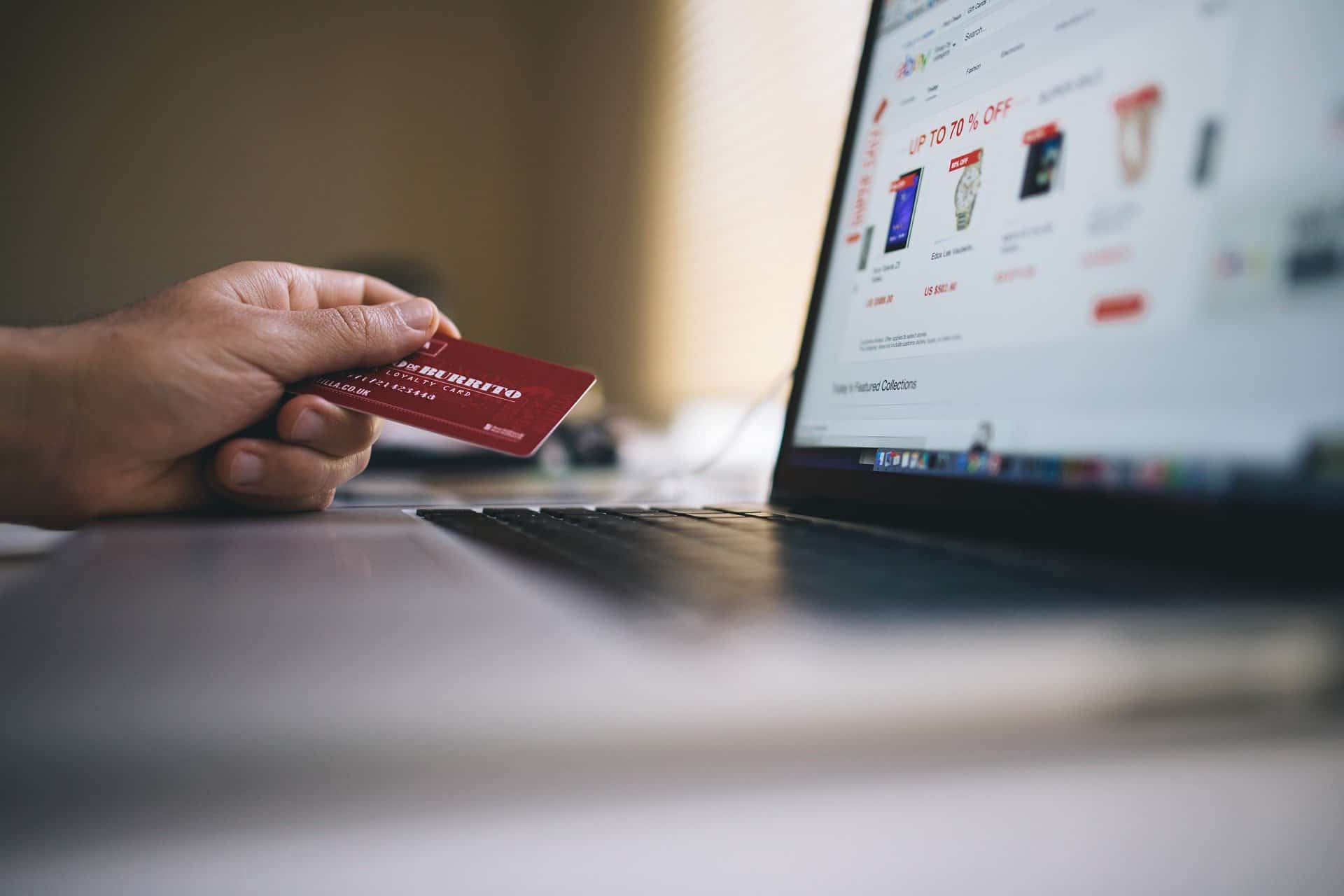Electronic Commerce, known as ecommerce, is the fastest-growing channel in the Middle East.
It was given a significant boost during the pandemic for various categories like luxury goods, consumer electronics, groceries, healthcare, dining, and many more.
In the Middle East, Saudi Arabia, Egypt, and the UAE account for nearly 80 percent of the overall ecommerce market.
Other GCC countries have also pivoted to ecommerce and a digital economy during the pandemic. As a result, it is projected that the overall ecommerce market will be at $50 billion by 2025, with the UAE accounting for nearly 20 percent of it all.
Speaking to TRENDS, industry specialists highlighted the rise of ecommerce during the last couple of years, especially during the Covid-19 pandemic.

Niranjan Gidwani, Consultant Director and member of UAE Superbrands Council, said: “The UAE’s fast adaptation to new technologies, evolving consumer habits and a strong mobile bandwidth is making this path to ecommerce success a reality.”
He added: “Other GCC countries, especially Saudi Arabia and Qatar, have also embraced this new reality in a stronger way.”
A PwC report indicates that a growing number of consumers are making purchases via smartphones (53 percent), computers (39 percent) and tablets (31 percent) in the UAE.
As a result, the UAE’s retail ecommerce market reached $3.9 billion in 2020, indicating a 53 percent year-on-year increase.
In addition, ecommerce is growing, accounting for an 8 percent share of the retail market during the same year, according to a research report by the Dubai Chamber of Commerce and Industry.

Salahuddin AbdulJalil, COO, The New Store LLC, said: “Ecommerce, being virtual and accessible at the click of a button worked day and night, is exploiting the opportunity meeting customer demand. So today, they have a sizeable weight in the Middle East and Africa (MEA), specially in the UAE.”
This has additionally created a new opportunity for people with limited resources now flourishing thanks to social media reach for business, said AbdulJalil, adding that the UAE has the highest reach to smartphones and internet penetration of 97 percent helped ecommerce flourish further.
CNNB Solutions, in its latest ecommerce report on MENA, predicted that 91 percent of customers in the region have become digital converts and will continue to buy online, with 73 percent saying they shopped more online since the pandemic.
It added that the UAE’s online consumer spending is the highest across the region, averaging an annual spend of $1,648 per person.
Nicolas Bruylants, Cofounder of CNNB Solutions, said, “MENA’s ecommerce market is rapidly evolving, and 2022 will be a goldrush for brands that can capture the increasing number of customers who prefer to shop online.”
He added: “Ecommerce sales will grow to $50 billion in 2022, propelled by increased online shopping adoption, access to digital financing, improvements in logistics and delivery options, and brands adopting direct-to-consumer strategies.”
Luxury products
The luxury products market, primarily reliant on offline stores, is also attracting online shoppers. Due to the pandemic, most of the players in this segment have developed digital channels.
Even brands like BMW have an ecommerce platform, and a luxury car can be bought at the comfort of your living room.
Gidwani, former CEO of the Eros Group, said the contribution of luxury products in e-retail is below 8 percent.
He explained, “This is the number most luxury retail companies and brands have managed to achieve on the ecommerce front during 2020. This was largely due to their reliance on physical retail. The hard pivot was strongly embraced by many of the leading luxury brands which ensured they were able to see sales in the online space.”
The embracing of new technologies like AR and the use of Filters in allowing customers to experience goods before the purchase has boosted sales, he added.
Gidwani also said, “The UAE luxury goods market is highly competitive, with the presence of both global and domestic players. The UAE is one of the most visited countries globally, which has contributed to the success of especially the luxury Emirati goods market.”
He explained that travelers to the UAE are quite often from upper-middle-class families and usually buy luxury goods from various outlets in the country.
“With the guest numbers and tourist projections for Expo 2020, especially the luxury market should see a buoyant growth. Although this might be largely in the physical space, it will provide a much-needed boost for the economy,” he added.
The UAE luxury products market was over $3 billion in 2020, and it is projected to register an average growth rate of 7.17 percent (CAGR) during the forecast period 2021-26.
AbdulJalil said, “The GCC luxury market was valued at approximately $12 billion in 2020. It has been catalyzed by rising economic growth, a large population of millennials, robust growth of tourism, and international events, along with increasing penetration of ecommerce and social media.”
He said that Expo 2020 was a fantastic opportunity for the luxury market with more than 25 million people expected to visit the UAE, and the biggest beneficiary would definitely be the luxury sector as many visitors are arriving from countries that have been under strict lockdown since early 2020.
He said, “Reports suggest that the overall luxury segment is growing by 7.7 percent and the tremendous growth opportunities in the luxury segment has been recently witnessed. With the Expo 2020, UAE market is well prepared for the demand and fully optimistic about the growth of luxury retail in the country.”







